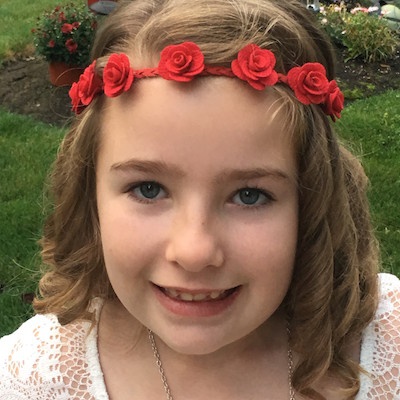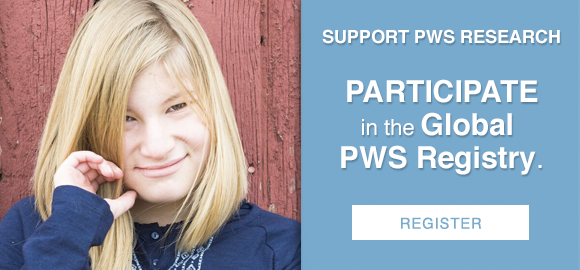
This guest blog was contributed by researchers Elisabeth Dykens and Elizabeth Roof of Vanderbilt University
Does your loved one with PWS have hyperphagia? The answer isn't as simple as yes or no. Even if your loved one does not display the hallmark hunger, there are likely other aspects of hyperphagia that are present. In this blog, we'll discuss some of the nuance involved in hyperphagia in PWS.
Hyperphagia In PWS: Not A Yes-Or-No Question
Eating and food interests are variable in people with PWS, and these may increase with age, or wax and wane over time. Hyperphagia can vary in response to changes in the environment, including changes at school or at home. That said, a number of people with PWS show high interests in food, they may talk about food, need to have excessive details about what they will eat, and when meals are served. Others may talk more about food, or need to be reassured about meals or snacks, when things are new or different for them. Not everyone with PWS takes food they aren’t supposed to have.
The changeable face of hyperphagia in PWS should NOT lead you to feel that you aren’t doing enough or the right things for your child. Food related behaviors can be hard to manage, and you may spend a lot of time ensuring that your child’s interest in food doesn’t derail them.
Many new studies and clinical trials are focused on your child’s food related behaviors, so it is important to know what hyperphagia looks like for your child or adult with PWS. We are developing a number of measures to better characterize PWS behaviors, hyperphagia, and the steps we take as parents to control the food environment and keep our kids safe.
To provide the best data possible so that we can understand the full range of hyperphagia, behaviors and environmental control in PWS, we encourage families to enroll in the Global PWS Registry and complete the surveys that we have developed: the PWS Profile, Food Safe Zone and Hyperphagia/Food Behaviors. These surveys are required for families who enroll in the PATH for PWS study, but can also be completed by anyone in the Global PWS Registry.








